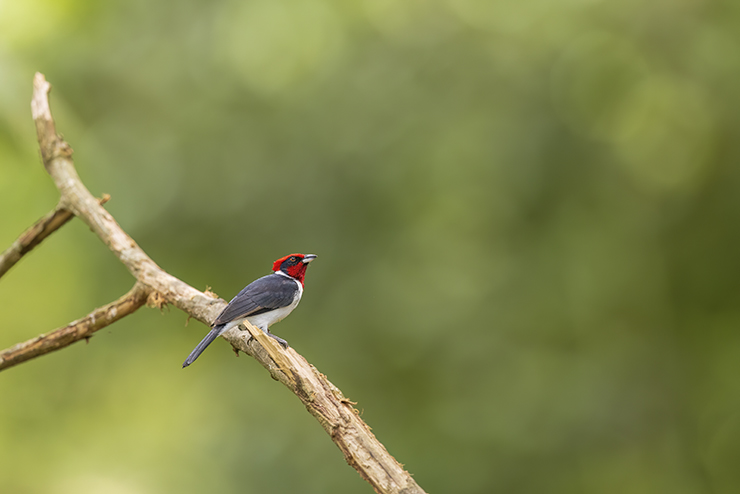
Perhaps a little more shock-inducing and paradoxical than concepts of birding at sewage ponds or graveyards, an oil refinery seems to be the antithesis of a desirable place for a birder. In southern Trinidad, however, there is much more at play than what is immediately discernible. A now mostly defunct oil refinery encircles a verdant haven for waterfowl and many other wetland-dependent birds – the Pointe-a-Pierre Wildfowl Trust.
I won’t get into the details (for there are many) in this post, but for those interested in learning more about this incredible (and personally significant) place, feel free to have a read of this local newspaper article. I’ve been visiting here since I was a little child, and it is now such a fulfilling feeling to take visiting birders to this awe-inspiring centre for progressive environmental action.
Birding in a place where animals are assiduously cared for and not harassed in any form or fashion means that the encounters themselves are essentially guaranteed to be memorable – and not of fleeing bird behinds!
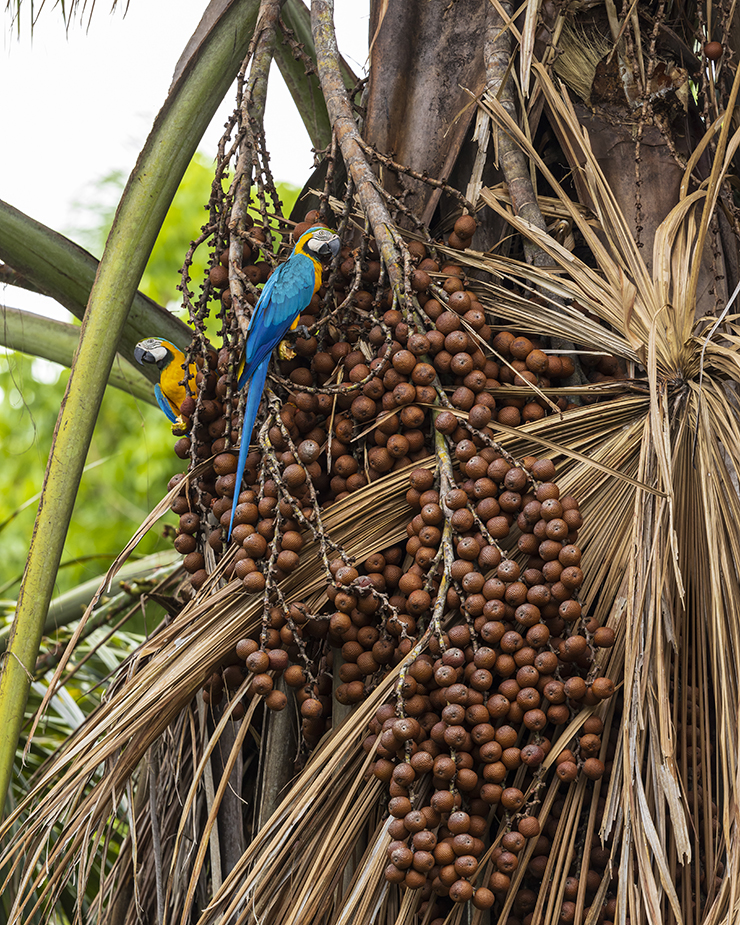
Witnessing unbothered Blue-and-yellow Macaws lazily perusing the larder of moriche palm fruit ensures that thoughts of anything else all disappear.
While the P-a-P Wildfowl Trust’s main thrust is the breeding and release of five duck species, the habitat encourages a number of native wetland birds to inhabit and proliferate the area. From Yellow-hooded Blackbirds to Purple and Common Gallinules, there are almost too many birds to focus on! Last visit we enjoyed superb views of a trio of Masked Cardinals, interrupted by the arrival of a Green Kingfisher that was so intent on hunting, it hardly even cast an eye in our direction.

Masked Cardinal
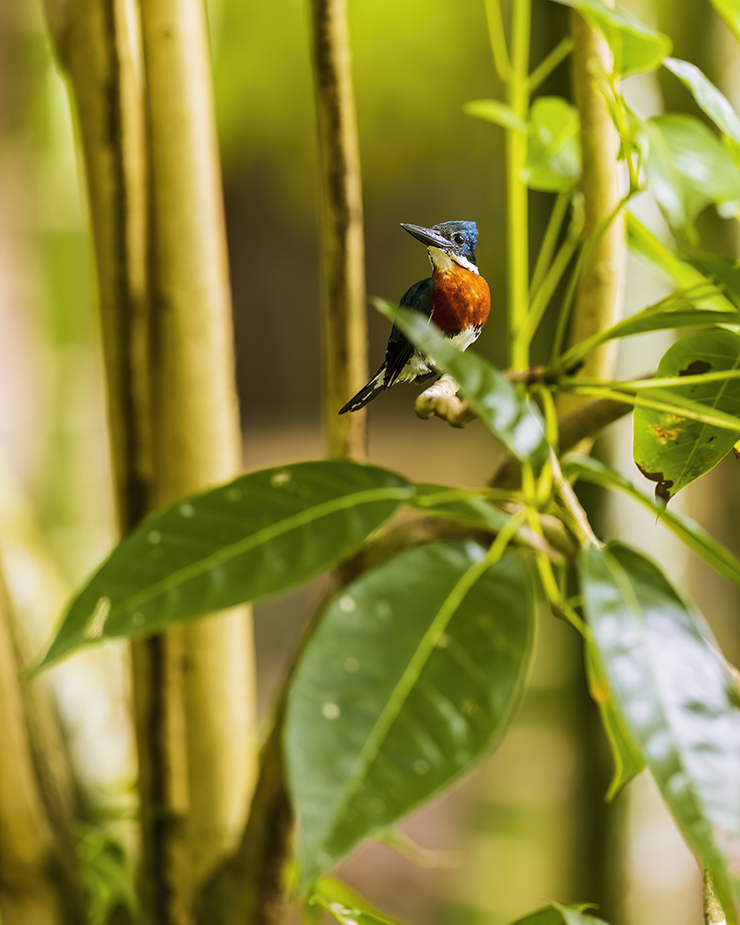
This Green Kingfisher stared at the water for several minutes, and then proceeded to pounce on a fish that was so close we almost got splashed!
Attending the ponds and waterways are all manners of piscivores including Striated Heron, Cocoi Heron, Anhinga, Neotropic Cormorant, Osprey, and even some sizeable specimens of Spectacled Caiman. They all coexist harmoniously, apart from the fish perspective that is.
Due to the plethora of bird species around, invariably we were to experience something breathtaking. While walking around the main pond at the Trust we came upon a Wattled Jacana with what must have been the tiniest chicks I had ever seen.
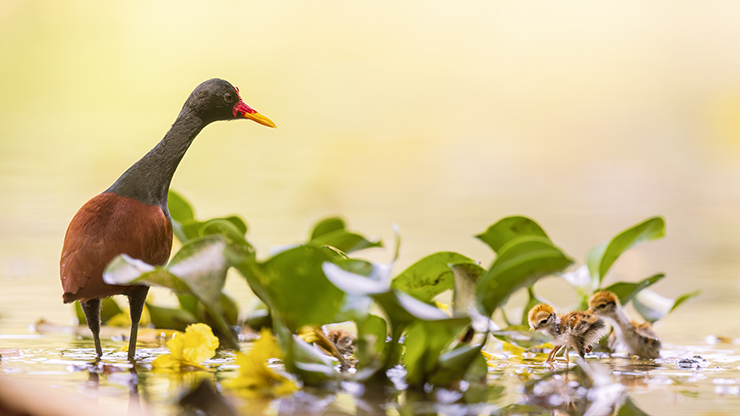
There are three Wattled Jacana chicks in this image, but they are designed to remain hidden.
While enjoying the family of Wattled Jacanas, a female Green Kingfisher flew in to an overhanging branch and sat there for several minutes. We weren’t paying much attention and therefore were grossly unprepared for when her mate suddenly appeared beside her and passed her a freshly caught fish. Before we had time to gather ourselves, he flew off. Ruing our missed opportunity, I eyed him through binoculars. Clearly, his actions were impressive as the female shortly joined him – and they mated.
This time of year marks the start of the breeding season for many species of resident birds, and they are therefore entirely consumed with the urge to procreate. Whether the courtship efforts of the Green Kingfisher or a showdown between Muscovy Ducks, birds continued to carry out their business unconcerned of human eyes.
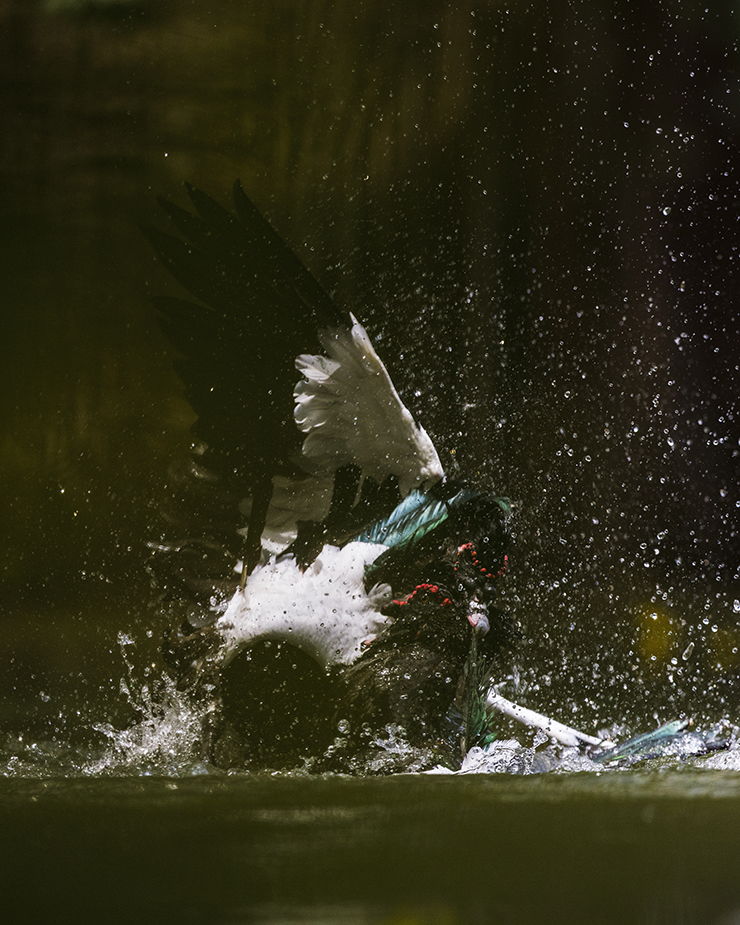
These two Muscovy drakes brutally battled for about ten minutes right in front of us. Commonly domesticated, wild versions of the Muscovy Duck historically inhabited wetlands across Trinidad. The P-a-P Wildfowl Trust has released hundreds of these hefty ducks over the decades into remote and often inaccessible wetlands.
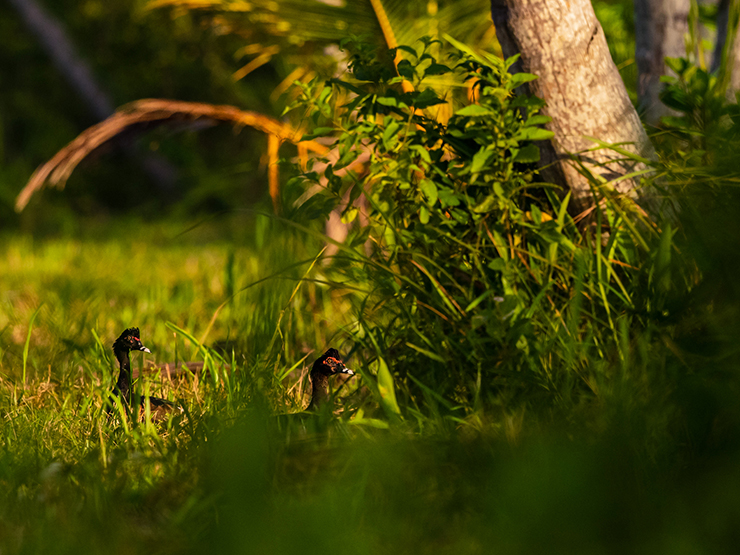
Bona-fide wild Muscovy Ducks (with little to no white plumage) from another mission many months ago.
There are some folks who are opposed to visiting a place like this, fearing that the birds aren’t truly wild – and therefore may or may not count on an official list. For me, there is little difference between this experience and another where the birds are habituated to human presence, pelicans coming in to grab bycatch from fishermen or storks at a landfill even. They are all free-flying and can choose to stay or leave as they please.




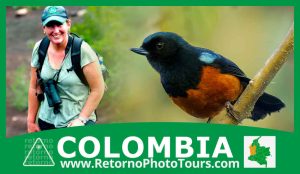



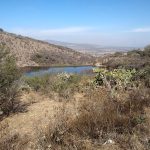
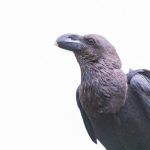


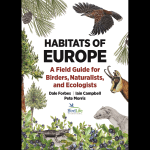
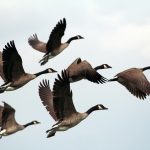
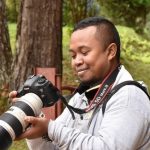
Leave a Comment